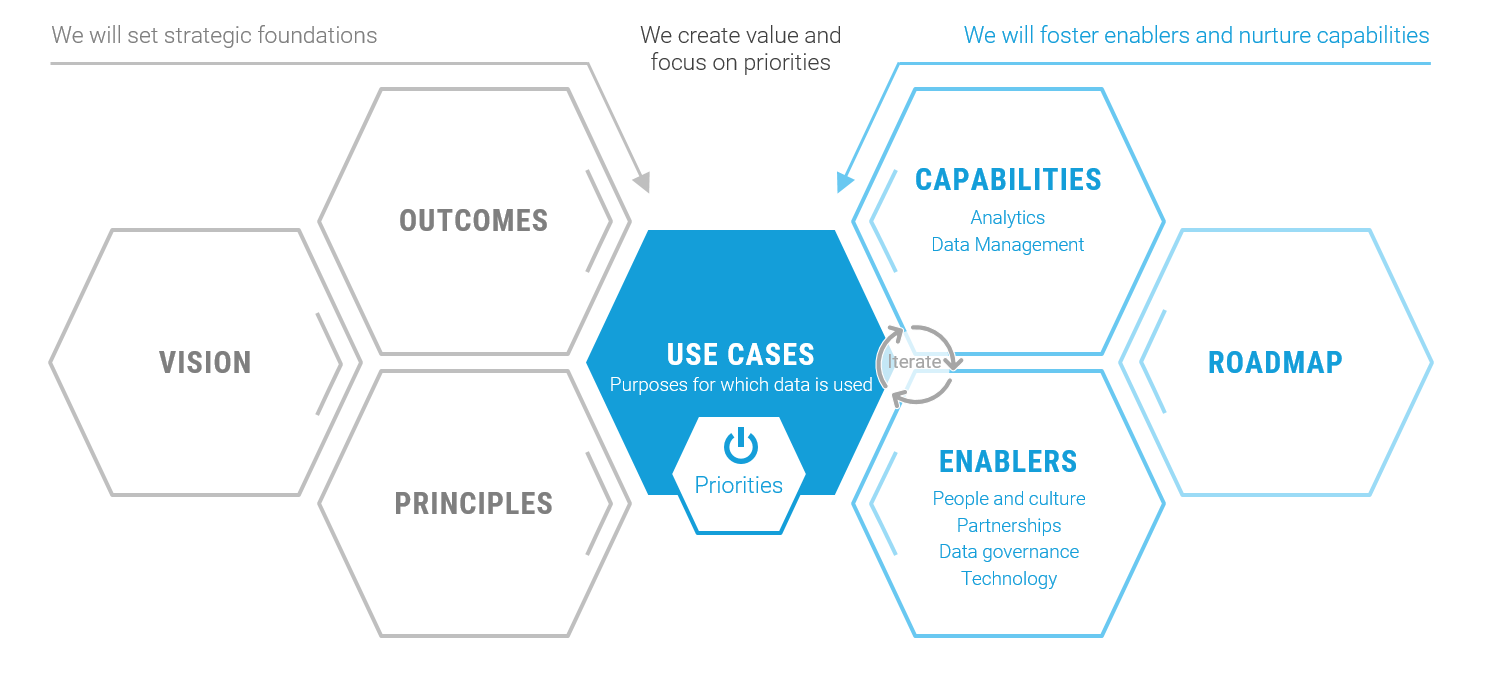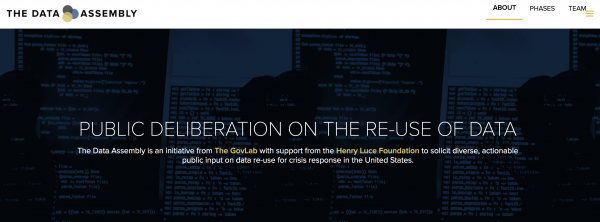Report by Helen Kennedy, Susan Oman, Mark Taylor, Jo Bates & Robin Steedman: “The ubiquitous collection and use of digital data is said to have wide-ranging effects. As these practices expand, interest in how the public perceives them has begun to grow. Understanding public views of data
practices is considered to be important, to ensure that data works ‘for people and society’ (the mission of the Ada Lovelace Institute) and is ‘a force for good’ (an aim of the government Centre for Data Ethics and
Innovation)
To improve understanding of public views of data practices, we conducted a review of original empirical research into public perceptions of, attitudes toward and feelings about data practices. We use the term ‘data practices’ to refer to the systematic collection, analysis and sharing of data and the outcomes of these processes. The data at the centre of such practices is often personal data, and related research often focuses on this data. Our review also covered related phenomena such as AI and facial recognition.
We carried out a systematic search of online academic research databases and a manual search, that began with literature with which we were already familiar, and then snowballed out. Our review covered a broad
range of academic disciplines and grey literature – that is, literature produced by independent, civil society, third sector, governmental or commercial organisations or by academics for non-academic audiences. It focused on the past five years. We excluded a) literature about children’s understandings and perceptions of data practices because this is a specialist area beyond our remit, and b) literature focused on the health domain because high quality syntheses of literature focusing on this domain already exist. The grey literature we reviewed focused on the UK, whereas academic literature was international….(More)”.


